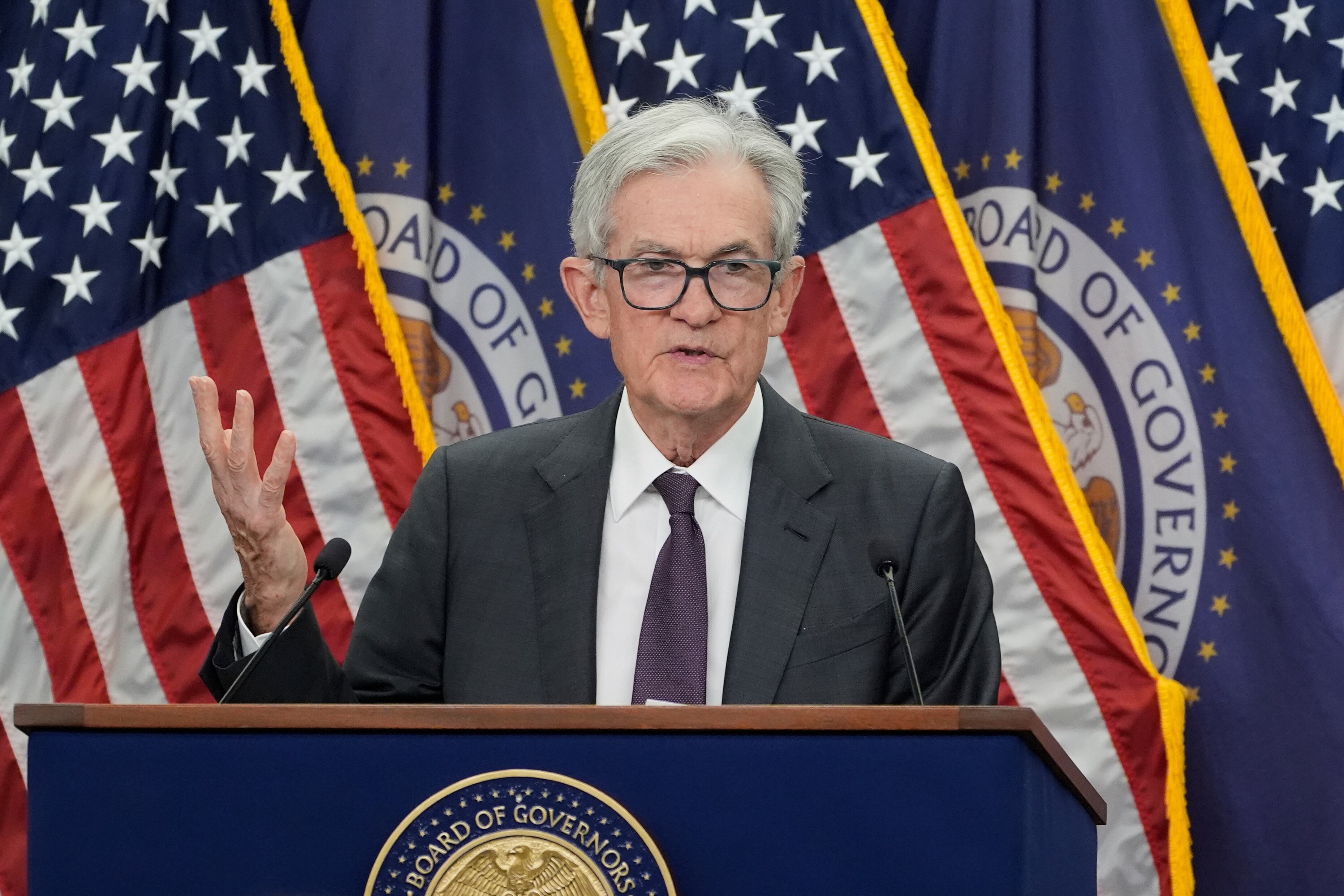Less mobility directly impacts US economy
<!–
Politicians are abundant in putting their self-serving “spin” on issues, circumstances and new developments good and bad, and they’re not shy about voicing rosy predictions and making promises for if they are successful at the ballot box.
People who follow politics closely recognize that, but so do many people who have what they consider to be “better things to do” than monitoring closely the issues on the political and governmental landscapes.
But although statistics can be “shaped” to benefit one’s own viewpoints and advantage, it is “stats” as a whole, without spin, that provide the true picture of what is going on, as well as trends and attitudes in play.
Remember those thoughts as you ponder what the Wall Street Journal reported, beginning on its front page, in its Aug. 16-17 edition.
The article in question, “America’s defining mobility is stalling,” begins as follows:
“Americans are stuck in place.
“People are moving to new homes and new cities at around the lowest rate on record. Companies have fewer roles for entry-level workers trying to launch their lives. Workers who do have jobs are hanging on to them. Economists worry the phenomenon is putting some of the country’s trademark dynamism at risk.”
The Journal added, as part of the article’s headline, that “the paralysis has economic consequences for everyone.”
Even people who don’t follow politics or the challenges facing levels of government, from the federal down to the local, need to be interested in what all of that is about — and, even more importantly, the causes and potential remedies for addressing the bad in what is happening.
Be wary of those who pooh-pooh the facts, casting doubt as to their validity.
Be open-minded about what is being alleged and what is potentially at stake. What those first sentences of the Journal’s article indicate depicts a situation affecting most Americans.
Most importantly, give serious thought to the information at hand, making a personal evaluation of how the information in question is already in fact affecting you — or how it might affect you, going forward.
“For generations, Americans have chased opportunity by moving from city to city, state to state,” the Journal noted. “U.S. companies were often quicker to hire — and to fire — than employers in other parts of the world. But that defining mobility has stalled, leaving many people in homes that are too small, in jobs they don’t love or in their parents’ basements looking for work.”
According to the Journal, the current rate of immobility has economic consequences for everyone.
Consider the housing market, which last year saw home sales nationally falling to the lowest level in nearly 30 years.
“The frozen housing market means growing families can’t upgrade, empty-nesters can’t downsize and first-time buyers are all but locked out,” the Journal said. And, the newspaper added, “When people can’t move for a job offer, or to a city with better job opportunities, they often earn less.
“Young graduates who don’t land good jobs soon after college often never really recover from those years of diminished earnings.”
The Journal noted that in the 1950s and ’60s, some 20% of Americans would typically move each year. By 2019, just 9.8% of Americans moved and, in 2023, only 7.8% moved.
Of course, all of those numbers and trends have impacts across the financial spectrum.
Good questions for every reader of this editorial are, “Where do you fit into what has been, or hasn’t been, happening?” And: “Are you – or aren’t you – concerned?”
Politicians are abundant in putting their self-serving “spin” on issues, circumstances and new developments …
The single most important achievement of President Donald Trump’s first term was the lightning-fast development …
The front-page article “A shadow of itself” in the Mirror’s Aug. 16-17 edition “painted” a sad, unwanted …
College students can take the dorm experience seriously.
You can’t walk into Walmart or Target without hitting …
Mother Nature generally has spared Pennsylvania the number and magnitude of weather calamities that Florida, the …
Pennsylvania lawmakers argue about many things, oftentimes ad nauseam, especially about the state budget that …
